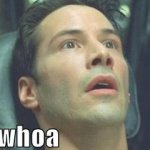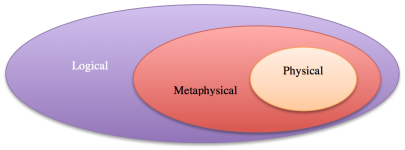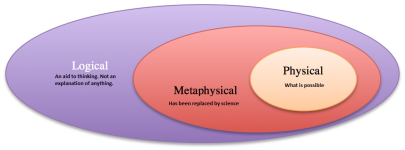untermensche
Contributor
Is it? You are the result of a merge of a part of the process you know as your father and the process you know as your mother. There is no point in space time where you begin from nothing. It is more like as two roots of a tree combined and slowly growed into a new trunk. It is a new think because we classifies things.You began at conception. The exact instant is hard to pinpoint but within a year your beginning is easy to pinpoint.
I never said things could begin from nothing. Only that all things that we can experience, every particle, has a beginning.
You are the result of the fertilization of one cell by another. A life that exists that did not is a beginning.
What exact moment the fertilization takes place is unknown but in most cases it can easily be known within a month.
I am not claiming the universe could begin from nothing. Only that it needs a beginning and incidentally it seems to have one.




